For persons constantly on the go, instant power is a must, wherever they go. Charge up your phone under a vanishing star, prepare for an outdoor event, or be ready for an emergency; an output of 2500w power station makes sure your device, appliance, or tool is never short of energy. Giving flexibility, convenience, and peace of mind, a portable power station is an unrivaled investment for modern living.
What Is a Portable Power Station?
Consider a power station as a miniature electric generator, theoretically. It is a large battery with multiple outlets that dispense power for a wide range of devices, from charging your phone to powering a refrigerator. Compared with generators, these are relatively quiet. They are also relatively safe and in many instances, environmentally friendly.
Why Reliable Energy Matters Outdoors
When you step away from the grid, you can think of reliable energy as a necessity and a luxury. Outages, acts of unpredictable weather, and remote settings could leave you without electricity for hours or even days. At that moment, a portable power station keeps your lights on, along with communication devices and equipment that demand essential power.
Examples of situations where reliable power comes in handy are:
- Camping and RV trips
- Performing work at remote sites
- Outdoor events and parties
- Disaster relief in emergencies
- Power backup during blackouts
Advantages of a Portable Power Station
1. Portability and Convenience
Lightweight precursory tendencies further these stations and about utility. Most come with handles and wheels so that users can easily carry them around.
2. Charges Through Different Means
Most of the units provide the option for charging in several ways: by wall outlets, a car charger, or even solar panels. So, no matter what conditions prevail, one can always restore the power.
3. Silently Working
While considered one of the more noteworthy characteristics that differentiate a portable power station from a fuel-powered generator, near-silent operation puts the latter into the category of good, quiet camping or neighborhood power.
4. Green Energy
By apparent lack of emissions, these stations are suitable for the environment and are safe enough for indoor use.
5. Wide Power Range
Such devices are equipped for AC and DC charging and USB ports from cell phones to power tools.
About A LiFePO4 12V 200Ah Battery
It is one battery of lithium-iron phosphate with the highest level of safety, very long life, and stable performance. It operates at a 12-volt level and has a colossal capacity of 200 amp-hours, meaning the battery can store and release that amount of power over long periods.
Compared to standard lead-acid types, LiFePO4 12V 200Ah battery is lighter, can be recharged much faster, and can undergo many more charges before losing their capacity. This type of battery is suited for go-anywhere power stations, RVs, solar energy storage, and marine work so that they may afford power on an everyday basis or during backup emergencies.
A Smart Choice for Outdoor Power Stations: LiFePO4 Batteries
These systems provide reliability and efficiency when used with portable power stations. They maintain voltage constant throughout discharge, so until practically complete depletion, there will be no hitch in running devices. They also offer sturdiness against temperature variations, a critical parameter to counteract humidity and outdoor heat.
Longer than thousands of cycles of recharging, making them far profitable in terms of long-term investments. Those spending long hours off the grid—camping, cruising, or working remotely—will have backup power that never depends on recharging LiFePO4-based systems or performance drops.
How Portable Power Stations Work
A portable power station stores energy in a large battery. When you connect a device to it, the station transforms the stored electricity into appropriate voltage and current for safe usage. Many of them come with built-in inverters for AC power, thus suitable for everyday household appliances.
Choosing the Right Portable Power Station
Should be kept in mind when considering a portable power station:
- Capacity (Watt-hour): Determine how long it can run the devices.
- Output power (Watts): Bigger output means it will run bigger appliances.
- Charging Time: Fast charging is welcome in emergencies.
- Weight & Size: Balance portability or capacity.
- Number of Outlets: Ensure there are enough ports for your needs.
Uses of Power Station Outdoors
Power stations in an outdoor setup could make all the difference in an entertainment or survival scenario. One could run a mini-fridge in the camp, charge cameras on a photography expedition, or even power sound systems for an outdoor wedding. For the adventurer, power station outdoor is comfort; for the professionals, it is productivity.
Some uses are:
- Keeping medical equipment working in the far-flung areas
- Running a projector for an open-air movie night
- Powering fishing equipment during lengthy trips
- Charging laptops in the field for research purposes
Solar Power for Outdoor Power Stations
Since this is the most eco-friendly way of either charging or powering a solar generator, you will want to keep your portable power stations charged via sunlight. These solar panels can maintain the power station running forever, endlessly producing power from sunlight, provided they are put to use under the Sun. They come in handy for the much longer camping trips or off-grid living.
Safety Precautions While Using the Portable Power Station
- Do not put in loads more than the station's rating.
- Protect from exposure to water.
- Store in a superb location with good air circulation when not in use.
- Always follow manufacturers' directions regarding charging and maintenance.
Maintenance Concerning Long Performance
- Regular Charging
- Cleaning the Ports and Ventilation Openings
- Avoid Extreme Temperatures
Future of Portable Power Technology
As advances in technology are unfolding, portable power stations are being transformed to be lighter, more powerful, and quicker to charge. Battery chemistry innovations, in other words, lithium iron phosphate, are rendering them safer and more durable.
Conclusion
Powerhouses once considered extravagant retreats have grown into places of choice for outdoorspeople, homeowners, and full-time workers. With camping, teleworking, and emergencies on the rise, these stations promote a stay-on-the-go lifestyle. This newly found species is an apt partner for renewables such as solar panels-a truly win-win opportunity for sustainability and utility.
FAQs
1. What can a 2500W portable power station supply electricity for?
Everything we can find at home: a refrigerator, lights, a fan, a laptop, a TV, power tools, etc.
2. How many hours does a power station last?
That depends on the battery's capacity inside. Large ones can go for days for small devices, for hours for big ones.
3. Is a Portable Power Station Safe to Use Indoors?
Since none of these give off fumes, they are perfectly safe to use inside.
4. How do I refill my power station?
Any respective recharge source can be connected to it: wall charging, automobile, or solar panels.
5. Are portable power stations waterproof?
Most are not waterproof, but some will be weather-resistant. Thus, don't allow them to get soaked in rain.
6. What is the expected life of these stations?
Next to being handled with care and used adequately, this battery can last between 500 and 3000 charge cycles, depending on the battery.
7. Does solar charging work well?
Yes, especially in sunny climates; however, the faster you charge will depend on panel size and the intensity of the light.
8. Can I use power stations for medical equipment?
Yes, but remember to equate the run-time and capacity of the power station with that of your equipment.
9. Are portable power stations heavy?
Weight ranges anywhere from a few kilos to over 20, depending on capacity.
10. Are LiFePO4 batteries good for power stations?
Positive because of longer life, safety, and stable performance when compared to some other lithium batteries.

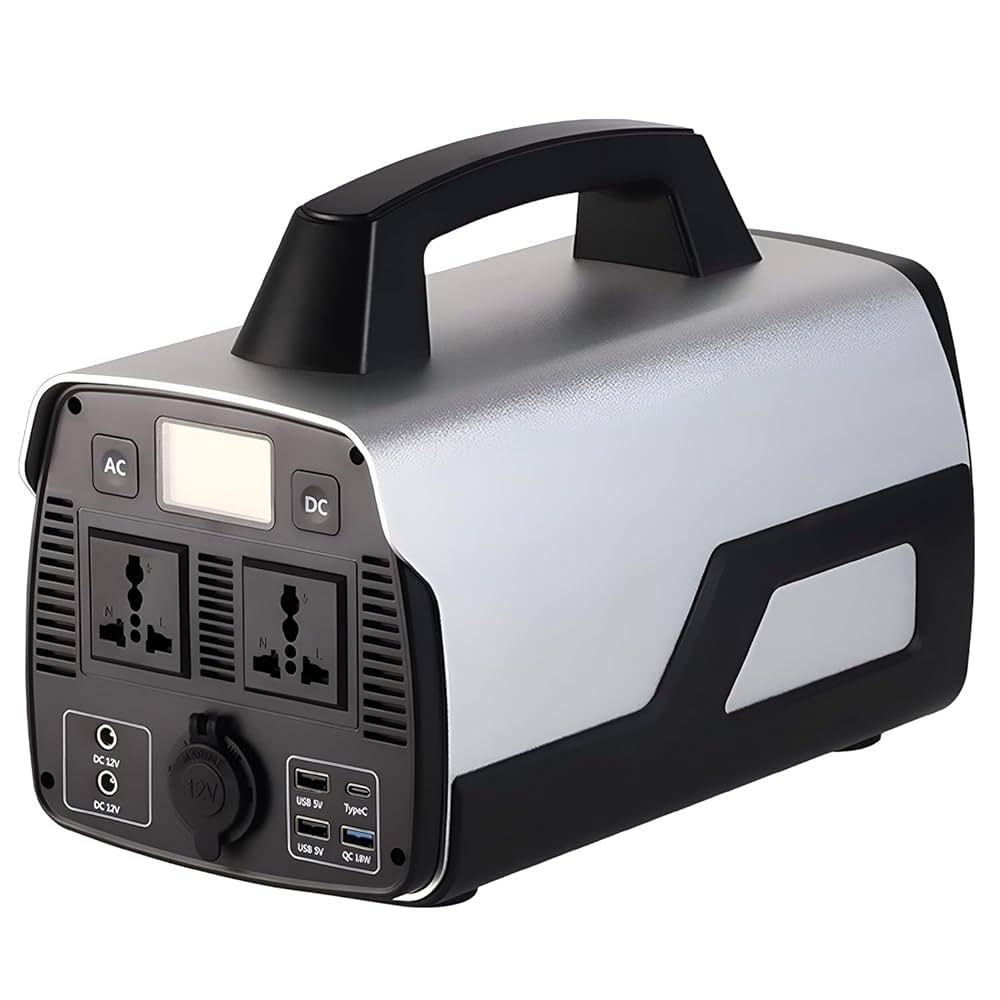
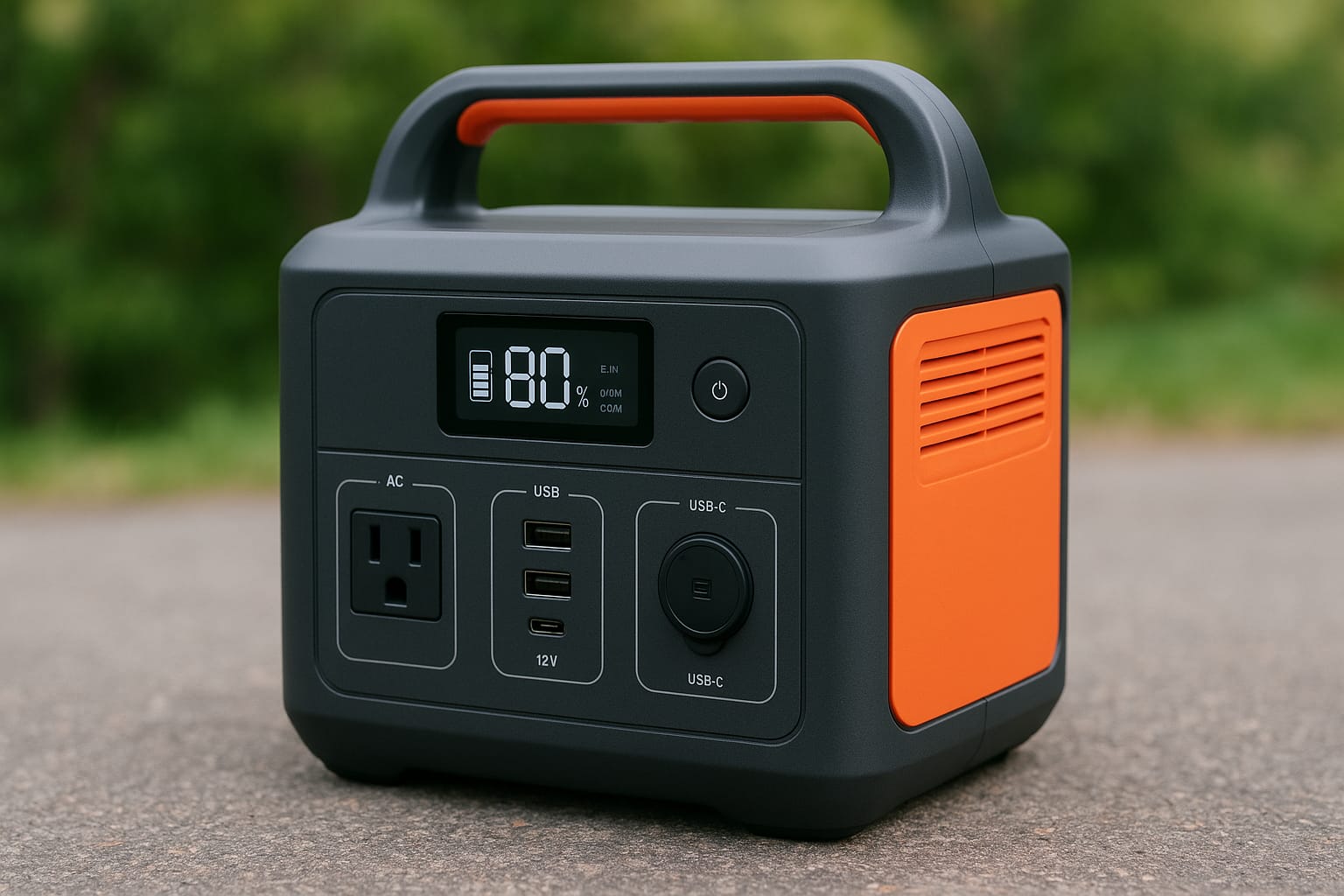
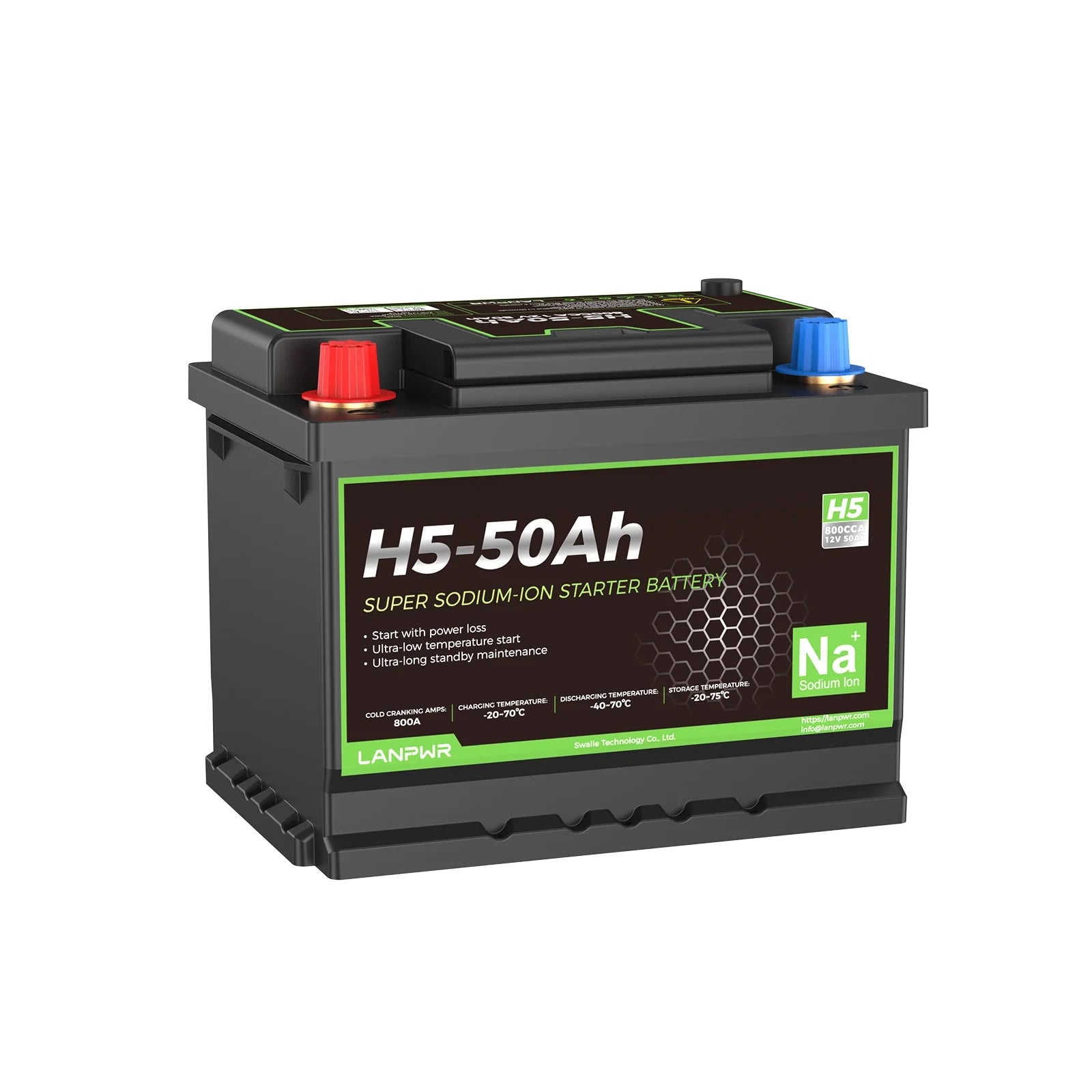

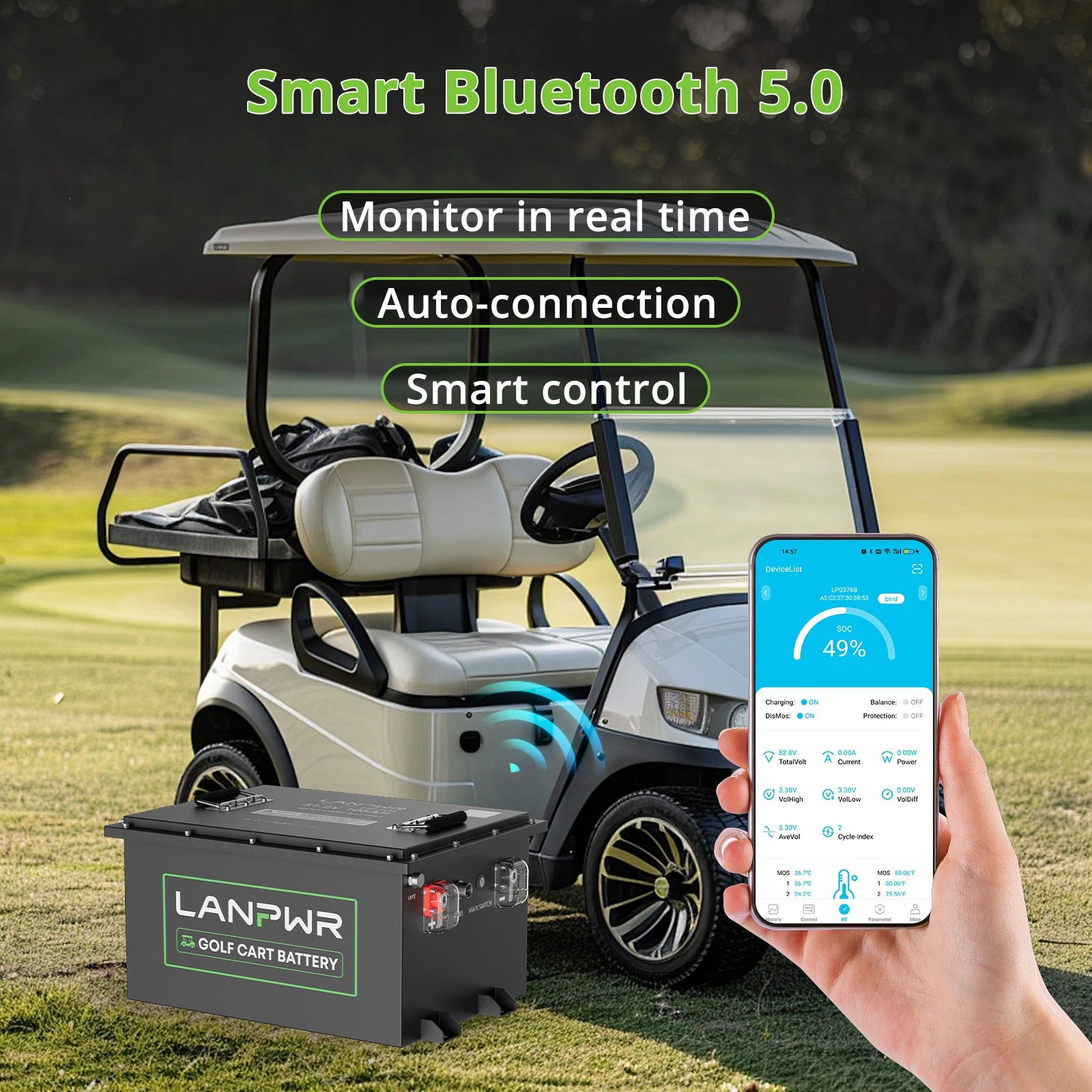
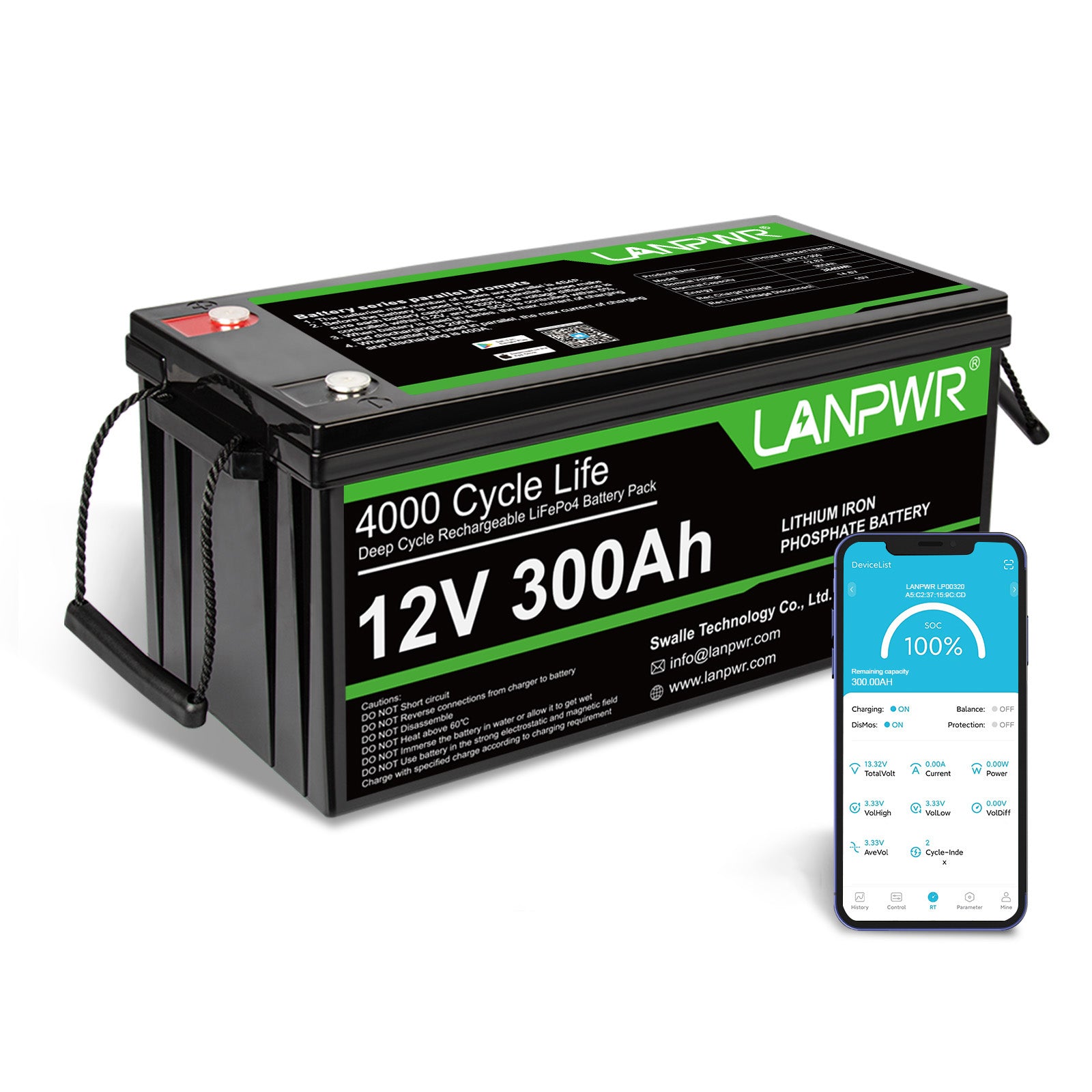
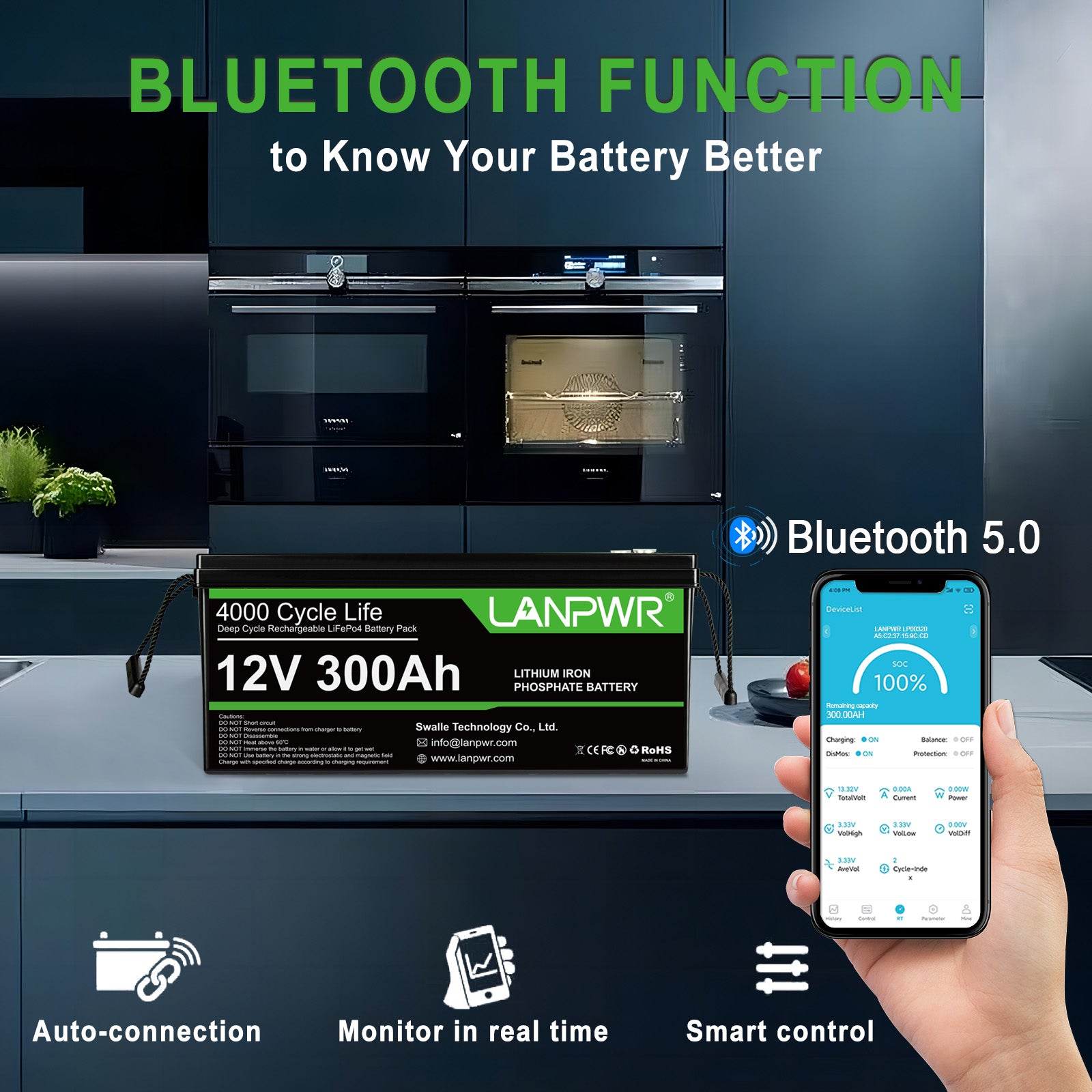
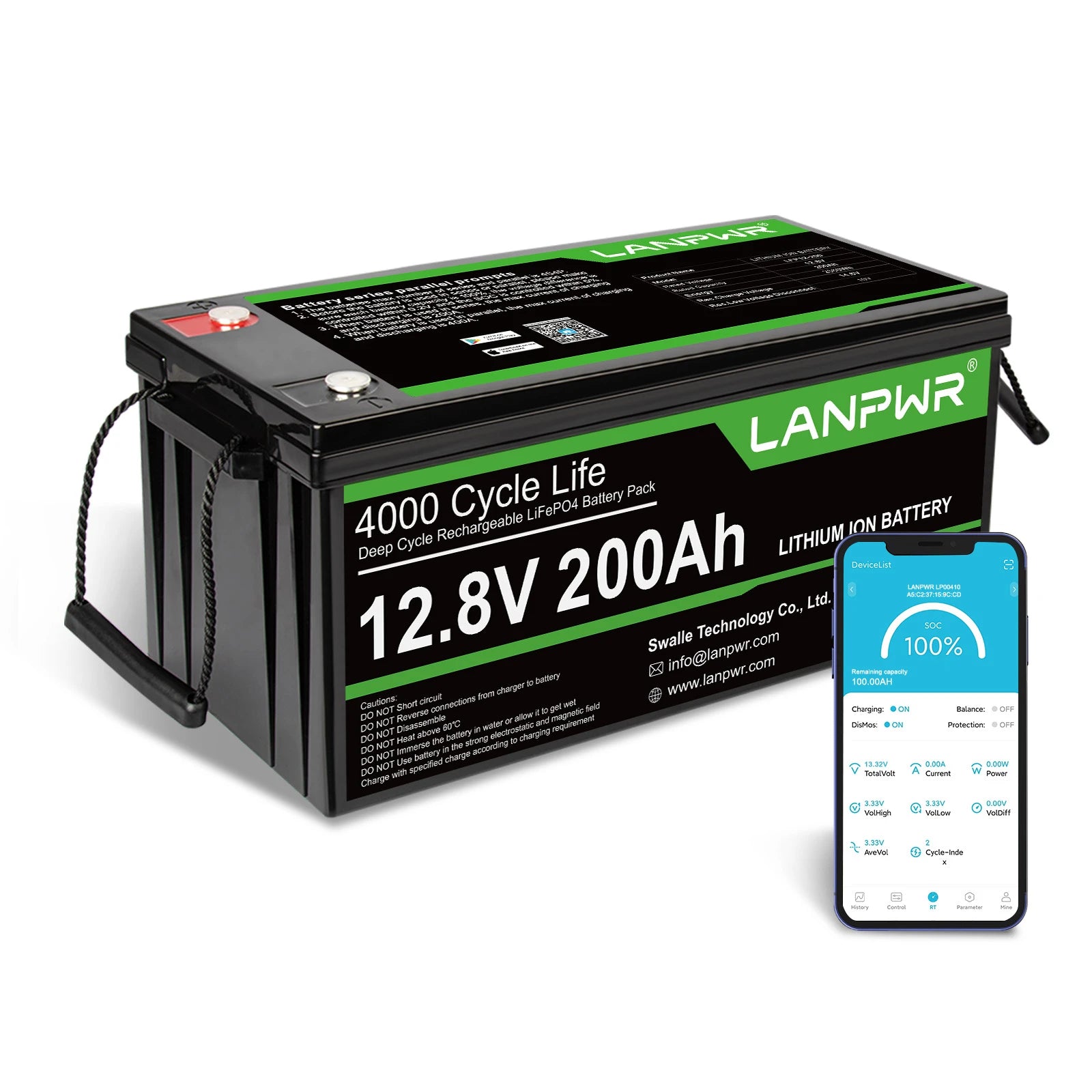
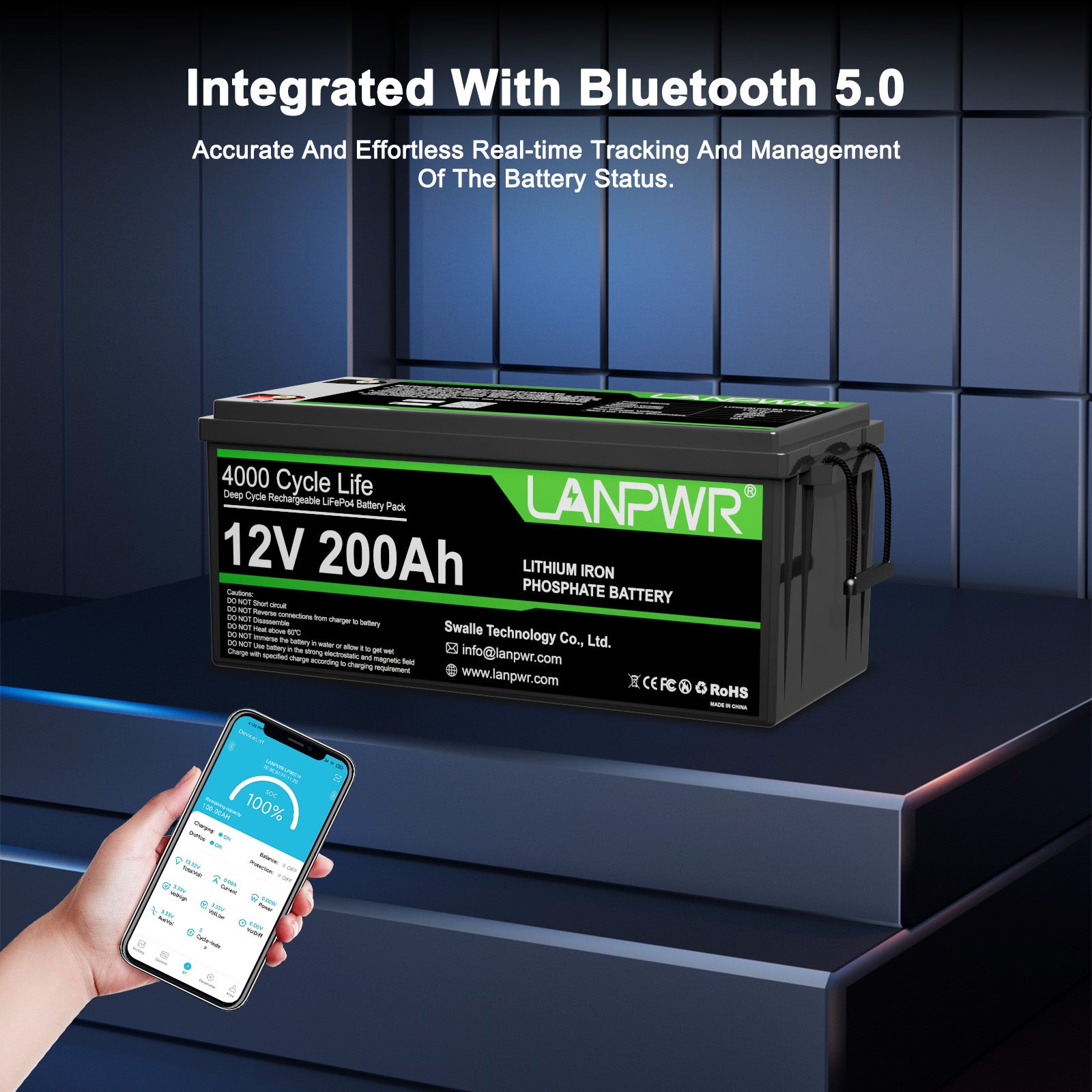
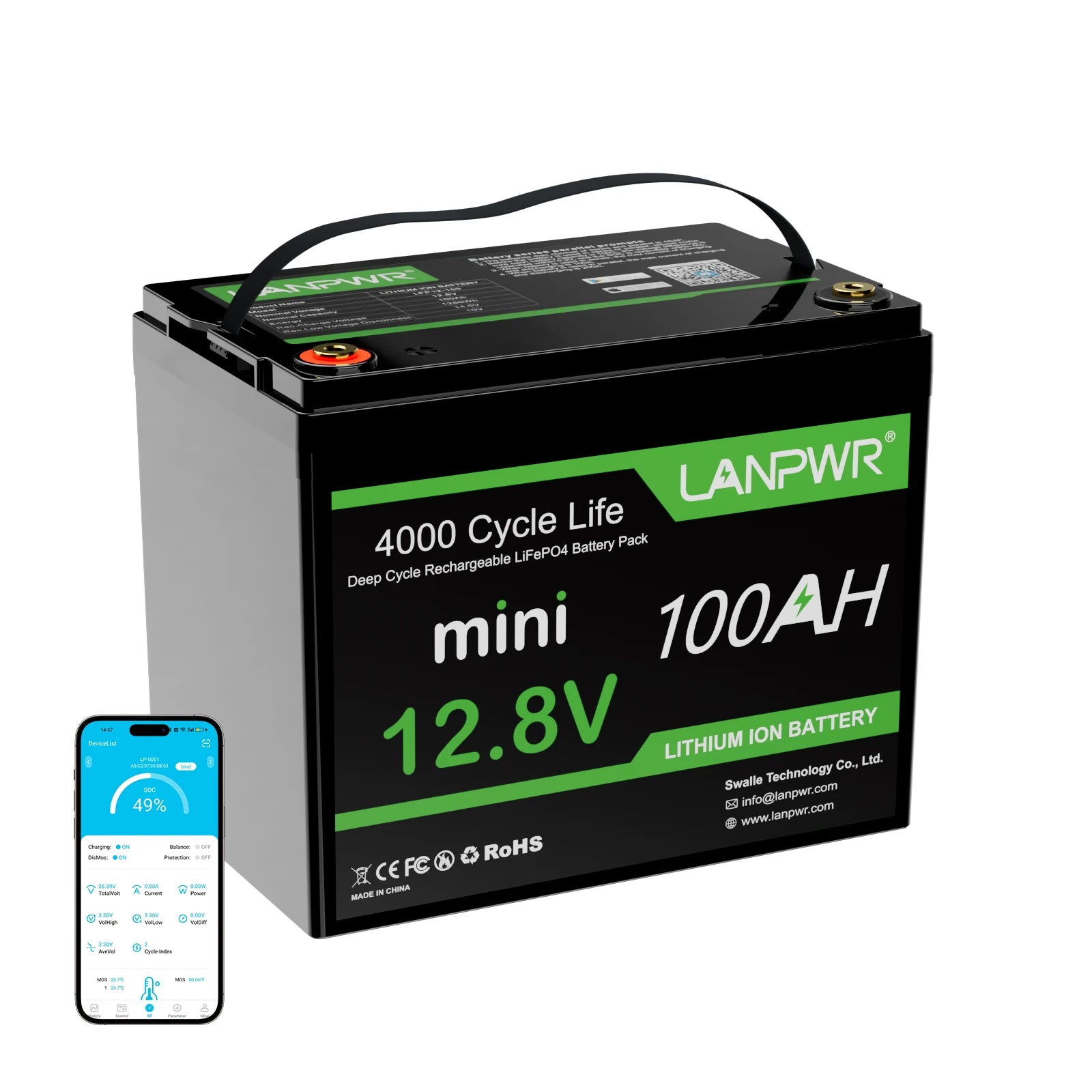

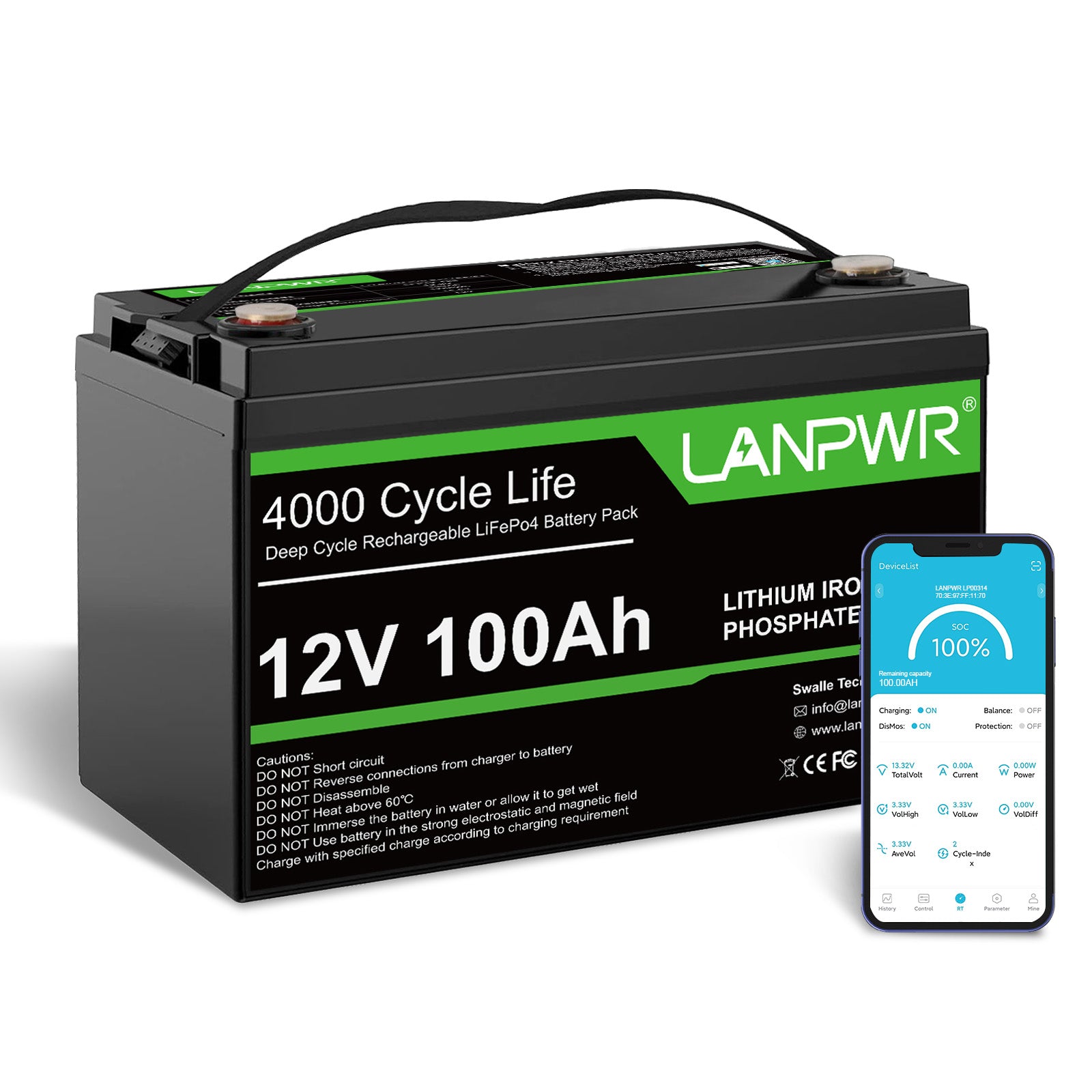

Leave a comment
This site is protected by hCaptcha and the hCaptcha Privacy Policy and Terms of Service apply.